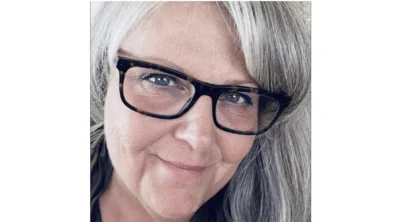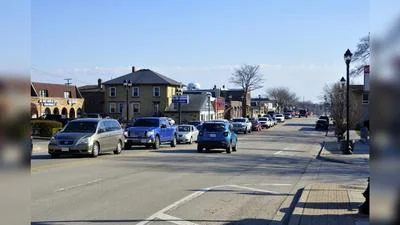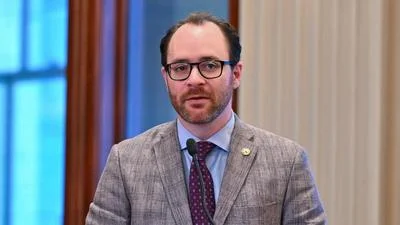Sen. Craig Wilcox (R-McHenry) | Craig Wilcox/Facebook
Sen. Craig Wilcox (R-McHenry) | Craig Wilcox/Facebook
Republican state Rep. Craig Wilcox (R-McHenry) doesn’t mince words in expressing his displeasure with the new legislative maps drawn by Democrats he argues were only concerned with maintaining power.
“The process is a joke and the majority party knows it,” Wilcox posted on Facebook. “Republican-leaning counties and communities have been splintered into several districts to provide those in power with greater control. Under the current proposal, McHenry County will have six different state representatives. The city of Crystal Lake will have four different state representatives and three different senators.”
Wilcox is far from alone in pointing an accusatory finger at Democrats, with state Rep. Jeff Keicher (R-Sycamore) demanding that Gov. J.B. Pritzker honor a pledge he made as a candidate to veto any map drawn along partisan lines.
“Moments ago, the House voted 73-43 along party lines to pass the Democrats’ partisan-drawn maps for the State of Illinois,” Keicher recently posted on Facebook. “I share the sentiments Leader Jim Durkin (R-Burr Ridge) expressed tonight. Politicians should not be drawing maps. Period. I join those urging Governor Pritzker to stand by his campaign promise and veto this bill.”
Republicans contend Democrats coordinated their plan in secret to make sure they faced as little resistance as possible.
The new legislation comes in response to lawsuits from Republican lawmakers and the American Legal Defense and Education Fund who argued previously drawn maps were “flawed and unconstitutional because they were based on population estimates from the American Community Survey rather than the 2020 census.”
With the latest census data now publicly available, Democrats insist they plan to make any adjustments needed when the legislature reconvenes in Springfield later this month.
Typically, lawmakers have always relied on Census Bureau data to complete the job of redistricting, but with the release of this cycle’s data greatly slowed by the impact of the pandemic, democratic leaders relied on American Community Survey statistics to satisfy the guidelines of a June 30 deadline outlined in the state constitution.
Failure to meet the deadline would have automatically led to the creation of an eight-person, bipartisan commission to complete the job with a ninth person to be randomly selected to break any deadlocked votes.






 Alerts Sign-up
Alerts Sign-up